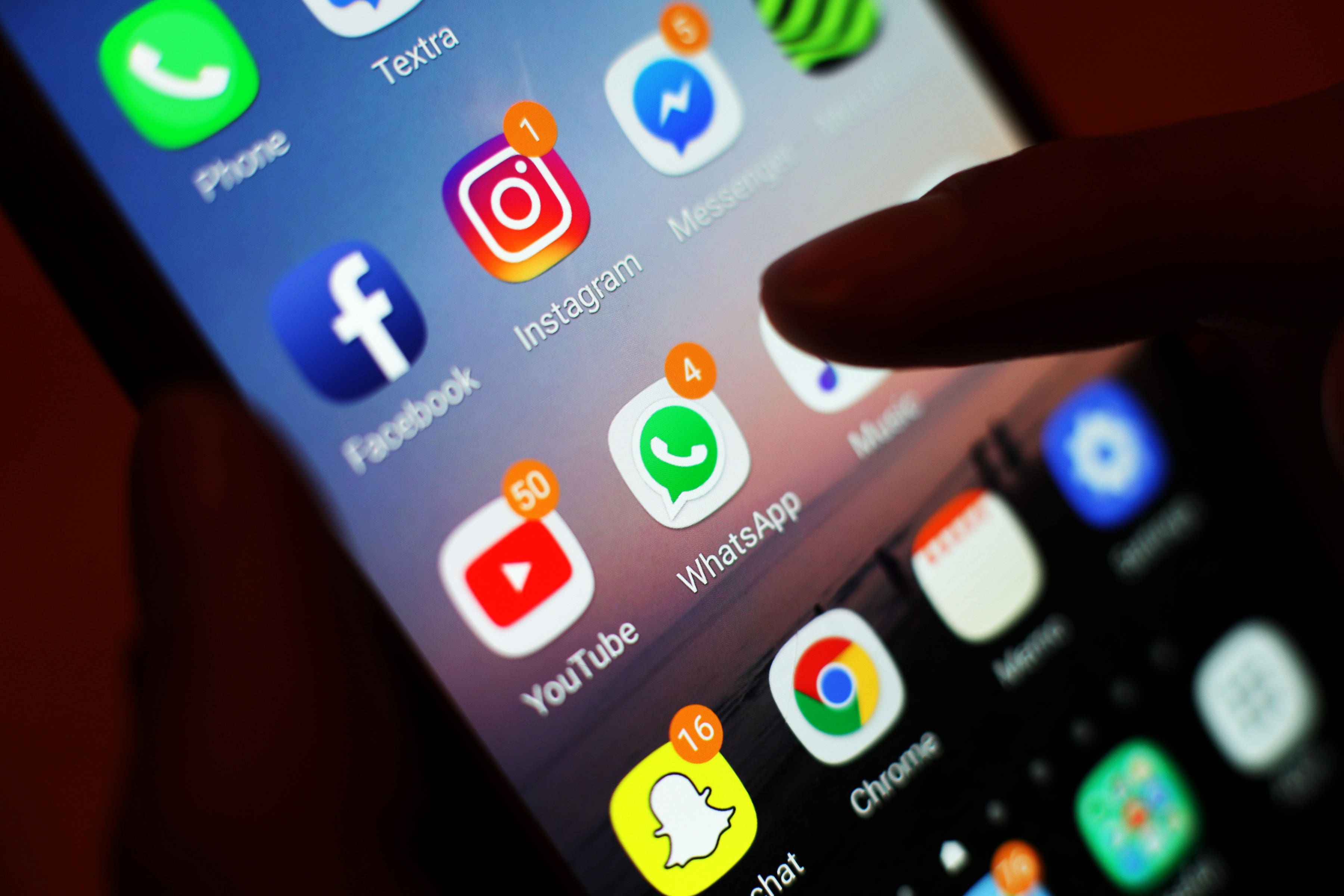Parents need to look at own phone ‘addiction’, says Children’s Commissioner
Dame Rachel de Souza has called on tech companies to fund ‘parental education’ to help families understand what children are seeing online.

Parents who use phones excessively may struggle to set screen time rules for their children, the Children’s Commissioner for England has suggested.
Dame Rachel de Souza has called on tech companies to fund “parental education” to help families understand what young people are seeing online.
She told the Commons Education Select Committee that parents in the country need to have a conversation about their “own addictions”.
Dame Rachel told MPs: “You see parents with kids using their phones at dinner time. We can’t say, ‘I’m going to ban you from having this’ – well we can – but then act as adults in a totally uncontrolled way scrolling at night.”
I think as parents we need to - and as adults - we need to wake up here and also watch our own behaviours
Her comments come after schools in England have been given Government guidance intended to stop the use of mobile phones during the school day.
Dame Rachel told MPs on Tuesday that young people are seeing “horrendous things” online and they want to be able to talk to their parents about it.
Young people told the commissioner’s office that they want “boundaries around screen time” and they want their parents to take away their phones before bed, Dame Rachel suggested.
The Children’s Commissioner for England said: “I think as parents we need to – and as adults – we need to wake up here and also watch our own behaviours.”
She told MPs that no technology in the bedroom was a “good piece of advice”.
Esther Ghey, the mother of murdered teenager Brianna Ghey, is campaigning for an age limit for smartphone usage and stricter controls on access to social media apps.
When asked whether she would support age verification at the time a phone is sold to make sure that parents get access to parental control and advice, Dame Rachel said: “I think as long as that’s coupled with education – a proper campaign of parental education – I think it could be incredibly helpful and we should be looking at every innovation possible to nail this down.”
Dame Rachel said we need to “lean in” into a proper relationships and sex education (RSE) curriculum.
Addressing a rise in sexually transmitted infections (STIs) in young people, she said: “That to me speaks of kids getting their sex education from TikTok and not being taught by the trusted adults at school in a proper way, and by their families. ”
On Monday, the Department for Education (DfE) published guidance, which is non-statutory, which instructed headteachers on how to ban the use of phones, not only during lessons, but during break and lunch periods as well.
Education Secretary Gillian Keegan said it would provide “clarity and consistency” for teachers and that there is currently “a large variation in how different schools are managing the use of mobile phones”.
When asked about the guidance, Dame Rachel said: “I think it’s great at school to have a mobile-free zone. I think most headteachers do that.”
She added that she would like to use her statutory powers to check every school in the country to see who is and is not banning mobile phones.
“I don’t think we’ve got a clear picture. My gut feeling is that most do restrict mobile phone use,” Dame Rachel said.
Bookmark popover
Removed from bookmarks